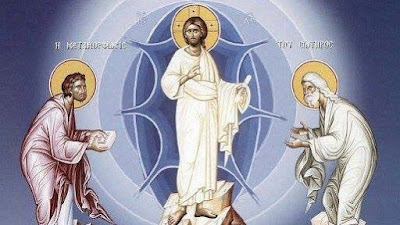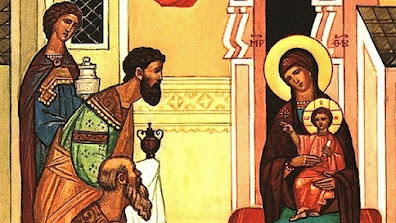Homily for the 2nd Sunday of Lent, February 28, 2021, Year B

Fr. Charles Irvin Diocese of Lansing ( Click here for Sunday’s readings ) If you read letters to the editor in newspapers, you will realize that many people have lost confidence in a loving God. Nowhere is this more forcefully indicated than in the debate over abortion and assisted suicide. Some have gone so far as to assert the Catholic Church wants people to suffer, that it’s a death dealing rather than a life-giving institution, and that it extols human pain and suffering. In the world of art this attitude is reflected in works of self-proclaimed “art” that, in just one instance, portray the crucifix, Christ nailed to the cross, immersed in a jar of human urine . Certainly all those who support partial birth abortion and “mercy killing”, along with others who advocate the position that we can terminate the lives of they declare to have a “miserable quality life”, vociferously oppose traditional Judeo-Christian teachings which hold that God and God alone gives life… th





